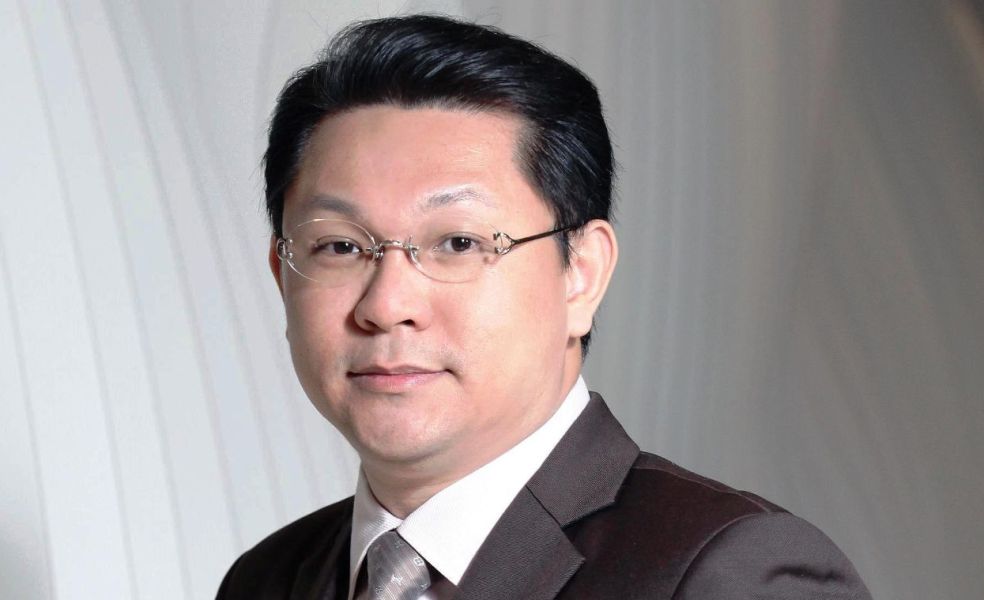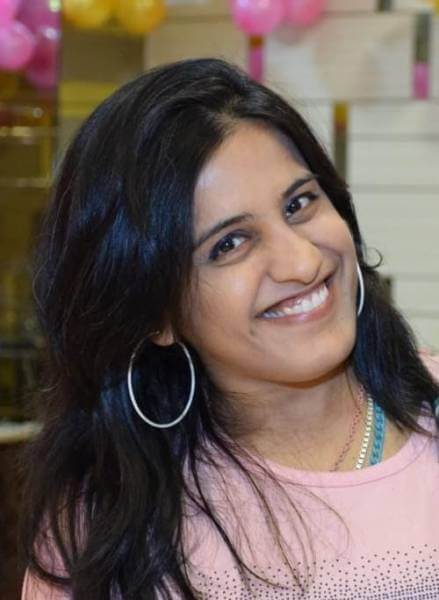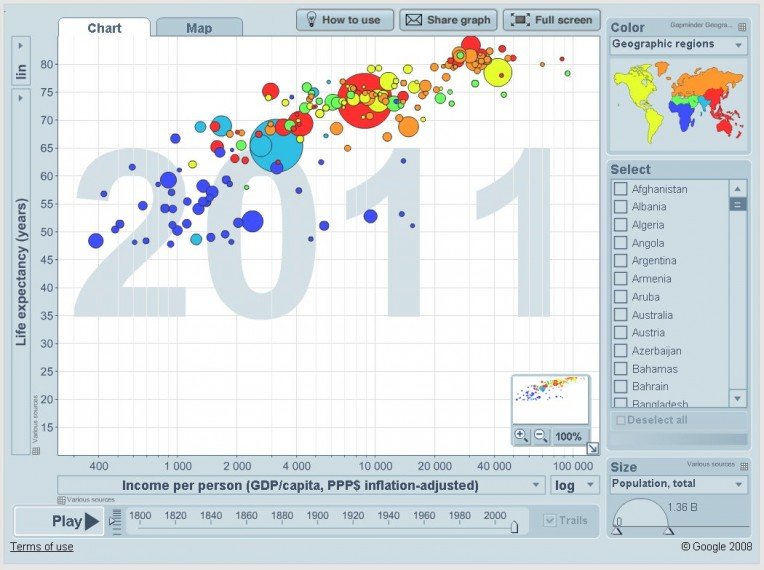Lionel Lee, a global business executive, advisor, and a visionary leader in several non-profit initiatives, including The Better Foundation, engages in a profound conversation with host Dinis in the latest episode of his YouTube podcast series to discuss the multifaceted realms of financial, technological, and digital inclusion. From his experience in global organisations like UNHCR, he also highlights the importance of financial education as a tool to empower people. The Dinis Guarda YouTube podcast is powered by openbusinesscouncil.org and citiesabc.com.

As our world becomes more intricately interconnected, the challenges confronting us as a global society grow in both complexity and diversity. Leaders, corporations, governments, and individuals are constantly looking for ways to find solutions to global issues like climate change, poverty, violence, trafficking, displacement, social injustice, homelessness, discrimination, animal cruelty, to name a few.
Lionel Lee is the Committee Chair of The Better Foundation, a private non-profit foundation and endowment established in 2020 with a mission to improve the world through philanthropy and by supporting the United Nations Sustainable Development Goals (SDGs). Their primary objective is to empower individuals by making 10 million people financially secure and 1 million people financially independent.
“The Better Foundation goes away from the traditional philanthropic organisation approach and works at the grassroot level to adopt the public individual as the beneficiary, regardless of the gender, age, religion, or nationality“, Lionel tells Dinis.
He further explained:
“The common denominator of the global problems are actually are people/ So, we are able to approach each individual and impact them, they in turn become a party to solve the world’s problem.”
Inclusion and Equality: The Better Foundation aligns with UN SDGs
Aligned with UN SDG 4 (Quality Education) and SDG 10 (Reduced Inequalities), The Better Foundation is firmly committed to the principle that financial security should be recognised as a fundamental right for all individuals. This conviction stems from the understanding that access to financial stability holds the key to unlocking opportunities and transforming lives, ultimately contributing to the creation of a more equitable and prosperous world.
“Our basic objective is to have more financially secure people so that they have better monetary means to make an impact on the world around them“, said Lionel.
Recognising education as a powerful catalyst for personal and societal advancement, the foundation seeks to ensure that individuals from all walks of life have the means to access quality learning experiences. Education empowers individuals with knowledge, skills, and critical thinking abilities that not only enhance their employability but also enable them to make informed decisions for themselves and their communities. By aligning with SDG 4, The Better Foundation strives to break down barriers that hinder educational access and promote lifelong learning as a cornerstone of personal and collective growth.
“As part of the basic human right, education unifies and strengthens communities and empowers people by giving them the knowledge and skills to become financially secure (if not independent).
When people are better off, they have means to make the world a better place“, he highlighted.
Facilitating financial inclusion with emergent tech
Financial inclusion is not merely a matter of convenience; it is a fundamental human right. Lack of access to financial services can trap individuals in a cycle of poverty, limit their ability to seize opportunities, and hinder economic growth in communities at large. However, the convergence of technology and finance is changing this narrative, making financial services accessible to previously underserved populations.
“Emergent tech like AI, Machine Learning, and Facial Recognition, complimented with the principles of IoT is forcing all of us to do business, approach non-profit agendas, and how we conduct finance, globally, regionally, and locally“, said Lionel.
He also explained the rise of blockchain technology and cryptocurrencies has opened new avenues for financial inclusion. Cryptocurrencies have the potential to provide individuals without access to traditional banking services with a secure and efficient means of conducting transactions. This is particularly relevant in regions with limited banking infrastructure, where digital currencies can bridge the gap between financial institutions and the unbanked population.
“However, with this trend, we also see the birth, proliferation, and success of neobanks, which has accelerated our challenges in the areas of cybersecurity and fraud“, he cautioned.
He emphasised on digital literacy as means to bridge technological, financial, and digital inclusion.
“Technological and digital inclusion is a part and parcel of the equation. So, people who are yet not familiar with the advancements in technology have a chance to actually catch up because they are included as well in this era of disruption“, Lionel told Dinis.

With a driving passion to create a relatable content, Pallavi progressed from writing as a freelancer to full-time professional. Science, innovation, technology, economics are very few (but not limiting) fields she zealous about. Reading, writing, and teaching are the other activities she loves to get involved beyond content writing for intelligenthq.com, citiesabc.com, and openbusinesscouncil.org






























